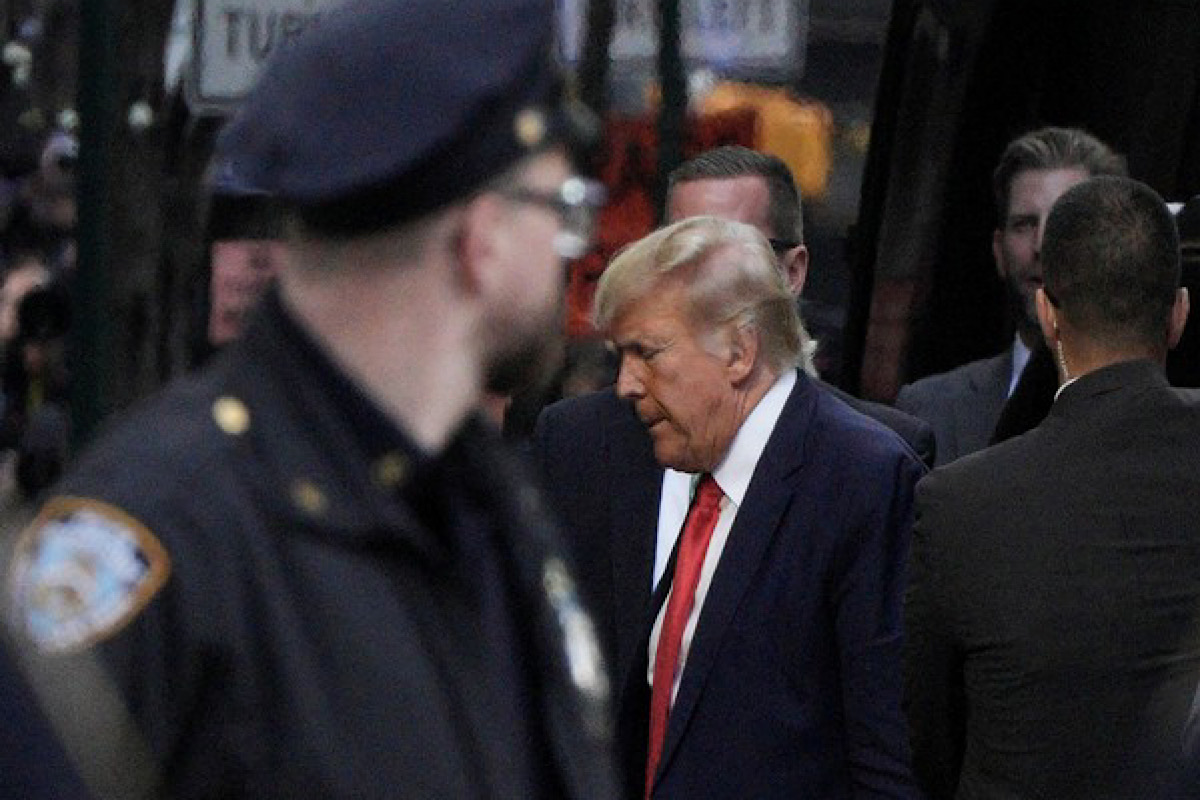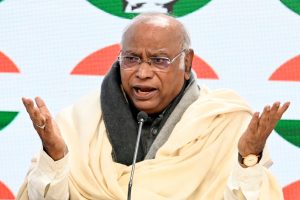Donald Trump’s conviction on 34 felony counts for falsifying business records related to hush money payments marks a pivotal moment in American political history. As the first former president to face such severe legal consequences, this development raises critical questions about the intersection of law, democracy, and the future of American politics. With Mr Trump still poised to be a major contender in the 2024 presidential election, the implications of this conviction are profound and multifaceted. First, it is essential to acknowledge the gravity of the verdict.
Mr Trump’s conviction underscores a significant aspect of American democracy: the principle that no one is above the law. This foundational idea is vital for maintaining public trust in the legal system and ensuring that justice is applied equally, regardless of an individual’s status or power. However, the deeply divided political climate complicates the perception and impact of this conviction. For many of Mr Trump’s supporters, the trial and its outcome are seen not as a fair application of justice, but as a politically motivated attack. This sentiment could strengthen his support base, rather than diminish it, as his followers rally against what they perceive as systemic bias. Despite the legal barriers, Mr Trump’s campaign machinery remains robust.
Advertisement
The immediate surge in fundraising following the verdict indicates that his political influence is far from waning. This resilience highlights a critical reality of modern politics: the ability to mobilise and galvanise support through adversity. Mr Trump’s narrative of being a victim of a “rigged” system resonates deeply with a substantial portion of the electorate, reinforcing his image as an outsider battling against the establishment. From a broader perspective, Mr Trump’s continued viability as a presidential candidate despite his felony conviction presents a paradox. It raises uncomfortable questions about the standards to which Americans hold their leaders. The presidency is not just an office but a symbol of national integrity and leadership.
The prospect of a convicted felon running for, and potentially winning, the presidency challenges conventional notions of moral and ethical leadership. It forces voters to confront the dichotomy between legal culpability and political viability. The political fallout from this conviction is still unfolding. While some analysts predict that it might marginally benefit President Biden by swaying undecided voters or those disenchanted with both candidates, others argue that the conviction will have minimal impact on the deeply entrenched partisan divide. Voters’ short attention spans and the fastpaced news cycle could dilute the significance of this event as new issues and controversies emerge. Looking ahead, the sentencing scheduled for July 11 and its proximity to the Republican National Convention adds another layer of complexity. Whether Mr Trump receives a prison sentence, home confinement, or another form of penalty, his campaign is likely to adapt, leveraging digital platforms and virtual engagements to maintain his presence and influence











